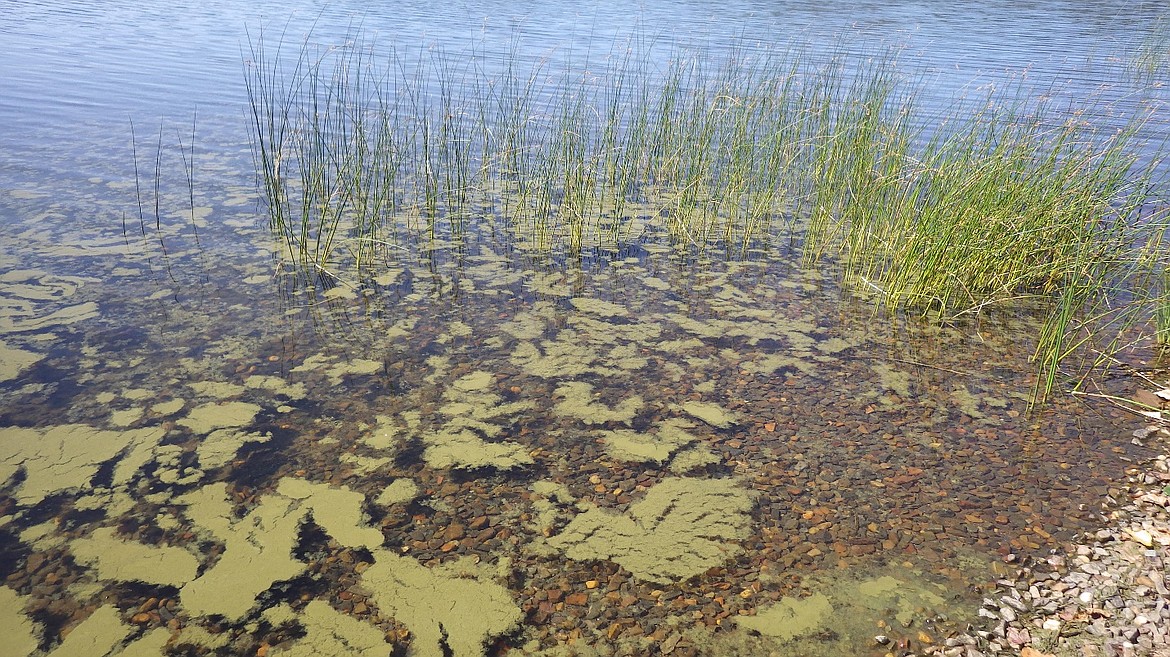Public health advisory issued for Cocolalla Lake
A public health advisory has been issued for Cocolalla Lake by Panhandle Health District in collaboration with the Idaho Department of Health & Welfare (IDHW) and Idaho Department of Environmental Quality.
Recent water sampling by DEQ indicates the presence of cyanobacteria, also known as a harmful algal bloom in the lake. The public should take precaution throughout the lake as harmful algal blooms can spread and move easily with wind and water traffic.
Officials want to assure the public that cyanobacteria are a natural part of Idaho’s water bodies. When temperatures rise, populations can bloom and toxic chemical compounds (cyanotoxins) can be released into the water. Caution should be taken anywhere the water appears discolored or murky.
Blooms have the potential to produce dangerous toxins, especially when accumulated in high concentrations. The physical appearance of these blooms can vary, presenting as discolored water, streaks or globs of scum, and can cause thick, green mats along lake shorelines. Pets, children, the elderly and people with compromised immune systems are most at-risk of harmful exposure.
Private domestic water system owners utilizing the lake as a drinking water source are cautioned that potentially present toxins cannot be removed by boiling or filtering the water. If contact has been made by either swimming, bathing or showering with water containing harmful algae, it is recommended to wash off with fresh water.
If people choose to eat fish from the lake, it is recommended that they remove all fat, skin and organs before cooking, since toxins are more likely to collect in those tissues.
Symptoms of exposure to harmful algal blooms vary according to exposure. Symptoms can include rashes, hives, diarrhea, vomiting, coughing, and/or wheezing. More severe symptoms affecting the liver and nervous system may result from ingestion of water. If symptoms persist, consult with your health care provider or your veterinarian for pet exposure.
For information about harmful algal blooms, visit DEQ’s website at https://bit.ly/3PV7K6G.

